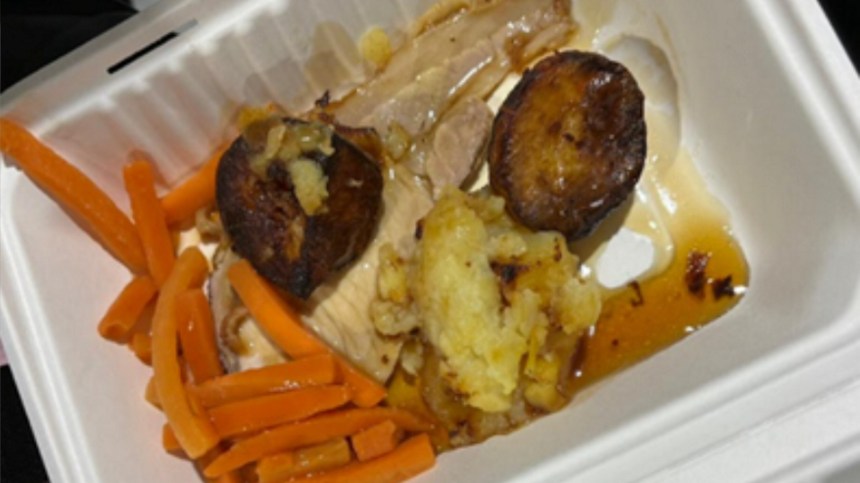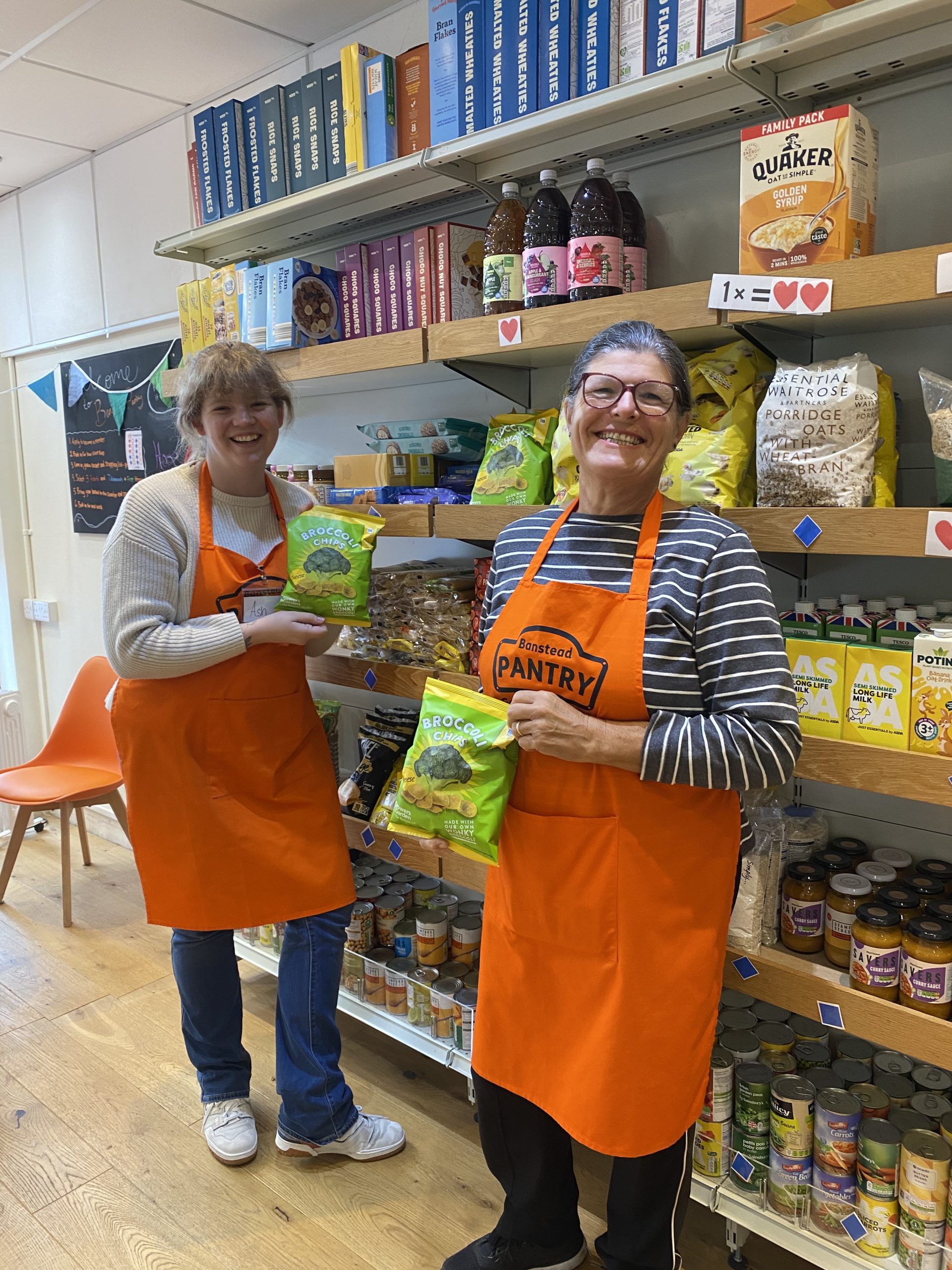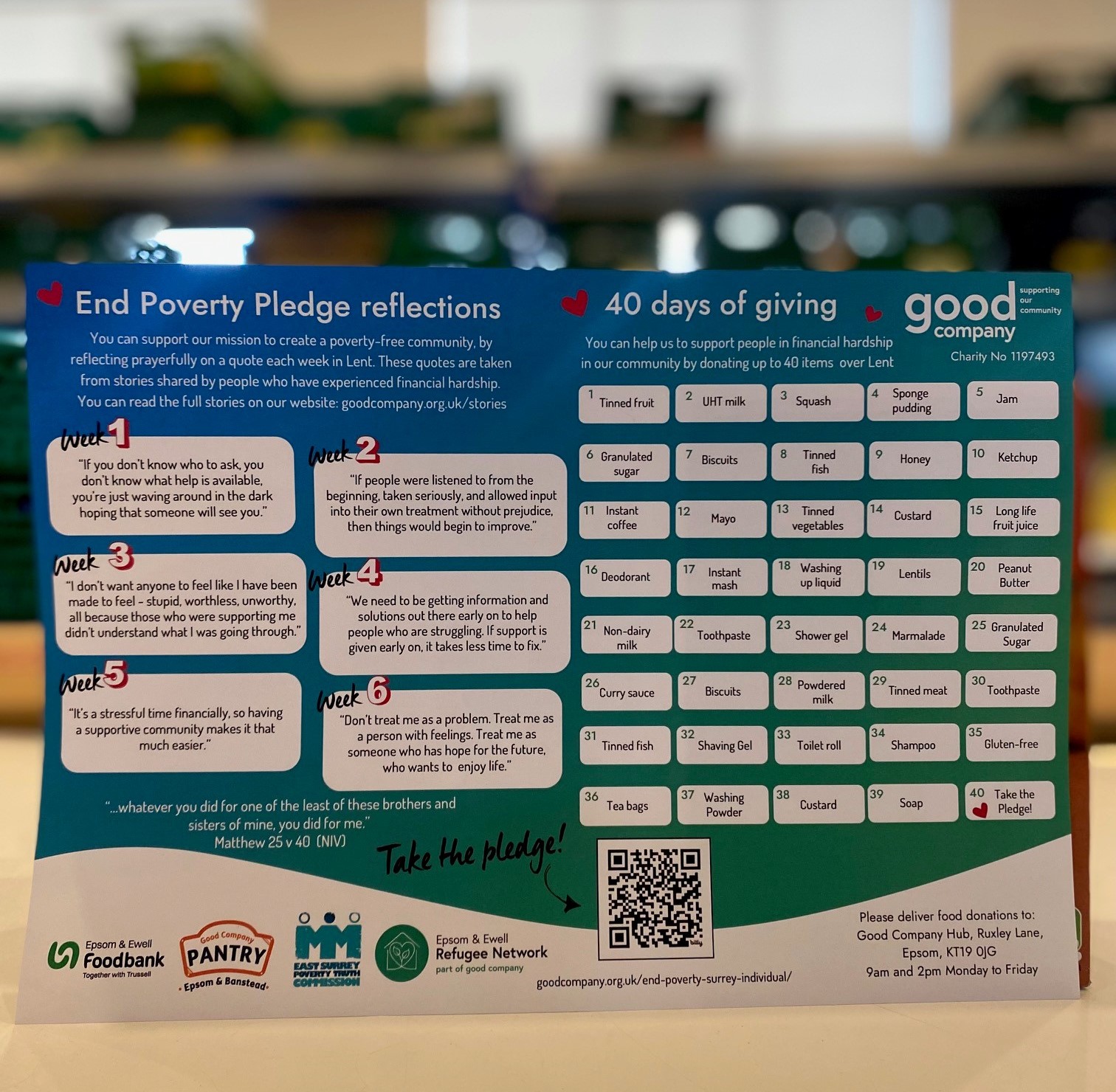School food is in the news again after a Headteacher in Southampton complained about the “completely unacceptable” meals being provided to students and apologised to parents. The photos he posted of some of the meals being served at his school canteen went viral under the headline, “how hard is it bake a potato?”.1
At Good Company, we have been visiting local secondary schools for the past three years as part of our Cost of the School Day project, to listen to students who receive free school meals about their experience of school life. We have heard about the stigma and financial pressures affecting a growing number of students and families affected by the cost-of-living crisis. But we also keep hearing again and again about the poor and declining quality of school meals.
In one of the schools we are visiting, students say they often go home hungry, because the portions are so small and the choice so limited. Although FSM students are meant to receive a nutritious hot meal every day, most of the students we have spoken to are living on garlic bread sticks, waffles and cookies. These are just some of the things students have told us:
“I go home really hungry as the meals are so small.”
“I stick to what I can have, so I usually have a brownie and a drink.”
“No one eats a proper meal, everyone is just snacking.”
Healthy options are restricted and expensive, so not surprisingly the students avoid them. One student told us that it costs £1.50 for a small pot of grapes, when you can go across the road to the local superstore and buy a whole punnet for the same price. Portion sizes are also being cut and fewer items being offered as part of the meal deal option.
The poor quality of school food should concern us all – after all, children consume 30% of their diet at school. For students who receive free school meals, this is vitally important, as parents often rely on schools to provide their children’s main meal of the day. Done well, research has shown that free school meals can improve children’s diet, improve behaviour and educational attainment, and reduce health inequalities.2
But, with an allowance of just £2.53 per student per meal – a significant real terms reduction in recent years – standards appear to be slipping again. This is why Good Company is working with local schools to review and improve the quality of school meals, as a crucial component of their support for students and parents from low-income families.
You can find out more information here about our Cost of the School Day project








